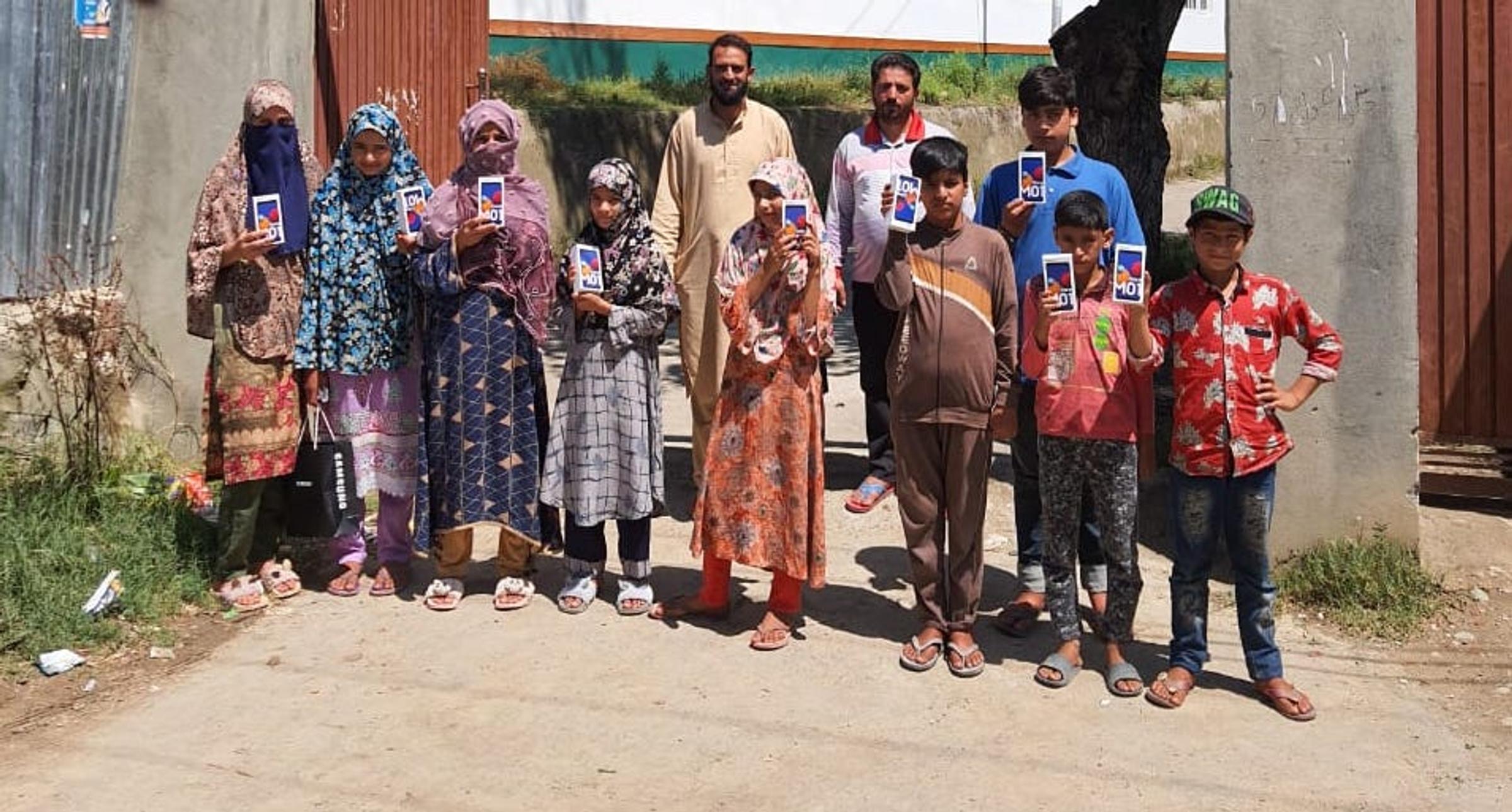Journal Watch

Emotional bond
In a recent edition of the Indian Journal of Palliative Care, Mir Hossein Aghaei and colleagues write about the nature of the relationship between care providers and cancer patients. In a qualitative study from Iran, 16 participants were interviewed: nine nurses, one doctor, one social worker, one patient and two family members.
Conducted in a palliative care service in Tehran, the concept of an emotional bond emerged as the main theme that defined the nature of the palliative care approach, with three categories underpinning this.
‘Being alongside the patient’. The clinical team not only treat the patient but by accompany them by being physically present and supporting their psychological well-being. As one of the nurses relayed:
‘In one of my shifts, I went to (be) beside a patient. She took my hand said that (she) had a rapid heartbeat. After monitoring the patient … I explained to (her) that (her) heart and breathing were normal, but I realized that she needed someone beside her. Again she held my hand and I saw … she was in need of attention…’
The second category was that of ‘mutual understanding with the patient’. Achieving a mutual understanding with the patient begins by accepting the patient’s condition, and then ensuring that the team let the patient know that they are aware of his / her feelings, thus encouraging the patient to express themselves further. The authors write:
‘In other words, the patient’s condition is accompanied by an emotional response on behalf of the care team, which provokes more emotional expression (by) the patient with the care team.’
Despite this, the authors caution against sympathy for the patient developing into pity. In the words of the patient interviewed for this study:
‘I hate pity. I can feel it in the eyes and behaviors of those around me. … It makes you feel bad.’
Finally, ‘Establishing and maintaining a cordiality relationship’ can only occur once a mutual understanding has been achieved, however it was felt to be essential.
‘Without the formation of such a relationship, the continuation of the care process will be difficult. Starting and forming a friendly relationship means entering a person’s emotional realm…. This form of communication involves emotional intimacy, respect, and affection between the two sides.’
One of the nurses spoke about her experience receiving phone calls from patients when they are at home:
‘The symptoms easily get them distressed and worried. Then, I (calm) them down and remind them that the symptoms are natural. I also tell them what to do. However, the calls do not only concern symptoms and problems. Sometimes, they just call me to say that everything is fine and they could eat without any problem. They did this to maintain their relationship with me. I will respond to them freely and without even the slightest inconvenience. I try to give them positive energy over the phone to make them feel good.’
This study is a valuable reminder of some of the core competencies in palliative care which transcend culture.
Emotional Bond: The Nature of Relationship in Palliative Care for Cancer Patients. Mir Hossein Aghaei, Zohreh Vanaki and Eesa Mohammadi. Indian Journal of Palliative Care 2020; 26: 86-94.
